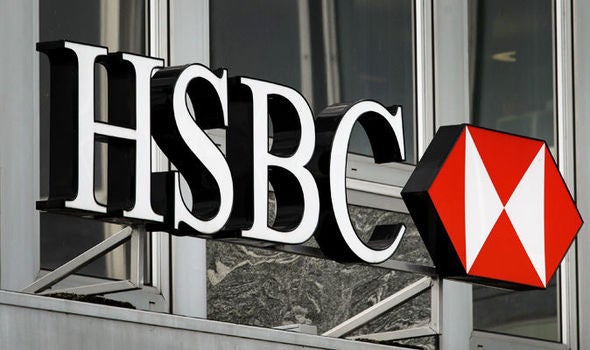
The British multinational’s performance in the first half of 2020 was heavily impacted by the Covid-19 outbreak, geopolitical risk, and market factors.
HSBC, Europe’s largest bank (by assets), reported profit after tax dropped 69% to $3.1bn while reported profit before tax was down 65% to $4.3bn, compared to the first half of 2019.

Access deeper industry intelligence
Experience unmatched clarity with a single platform that combines unique data, AI, and human expertise.
“The first six months of 2020 have been some of the most challenging in living memory. Due to the Covid-19 pandemic, much of the global economy slowed significantly and some sectors drew to a near total halt,” said Group chief executive Noel Quinn.
Reported revenue was down 9% to $26.7bn, which the bank blames on interest rate reductions and adverse market impacts.
The pandemic and the worsened economic outlook led to significant increase in expected credit losses and other credit impairment charges (ECL). They also caused a reduction in revenue due to lower transaction volumes and reduced client activity.
As Covid progressed, the bank granted more than 700,000 payment holidays on loans, credit cards and mortgages, providing more than $27bn in customer relief in the first half of the year.

US Tariffs are shifting - will you react or anticipate?
Don’t let policy changes catch you off guard. Stay proactive with real-time data and expert analysis.
By GlobalDataStrength and resilience in Asia
“our Asia businesses showed good resilience and Global Markets grew revenue on the back of higher client activity,” Quinn said.
While based in London, HSBC (which stands for Hongkong and Shanghai Banking Corporation) makes the vast majority of its earnings in Asia.
On that continent, the bank reported profit before tax of $7.4bn in 1H20, despite higher ECL, demonstrating the strength and continued resilience of its operations in the region and underlining the importance of Asia to the Group.
Higher ECL charges materially impacted profitability in markets across the rest of the world, notably in operations throughout Europe.
in response to the Covid-19 outbreak, the bank now intends to speed up implementation of its overhaul plans unveiled in February.
A plan for transformation
On 18 February, the investment bank announced a substantial transformation programme “to ensure that HSBC is fit for the future”.
The bank published plans to reshape underperforming businesses, simplify its complex organisation and reduce costs.
“We are moving forward with these plans wherever we can,” said Quinn, who was named chief executive earlier this year with a mandate to speed up the revamp of the bank.
HSBC has already begun combining its wholesale back office operations, and has brought its retail, wealth and private banking businesses together into a single global business – Wealth and Personal Banking.
However, “the operational risks posed by the Covid-19 outbreak meant that we had to move more slowly in some areas than others,” Quinn said.
In March, he paused the 35,000 job-cuts programme announced earlier this year. “It would have been wrong to proceed with job losses at a time of significant stress for our people and communities, and at a point when we needed to protect our capacity to serve our customers,” he said.
But, in June, as many countries slowed the spread of the virus and emerged from lockdown, Quinn decided to lift the pause on redundancies. He pledged to “proceed thoughtfully but purposefully, while taking local considerations into account.”
Chief financial officer Ewen Stevenson said the bank was expecting a “much sharper” V-shaped recession, with any recovery pushed further out into 2021.






